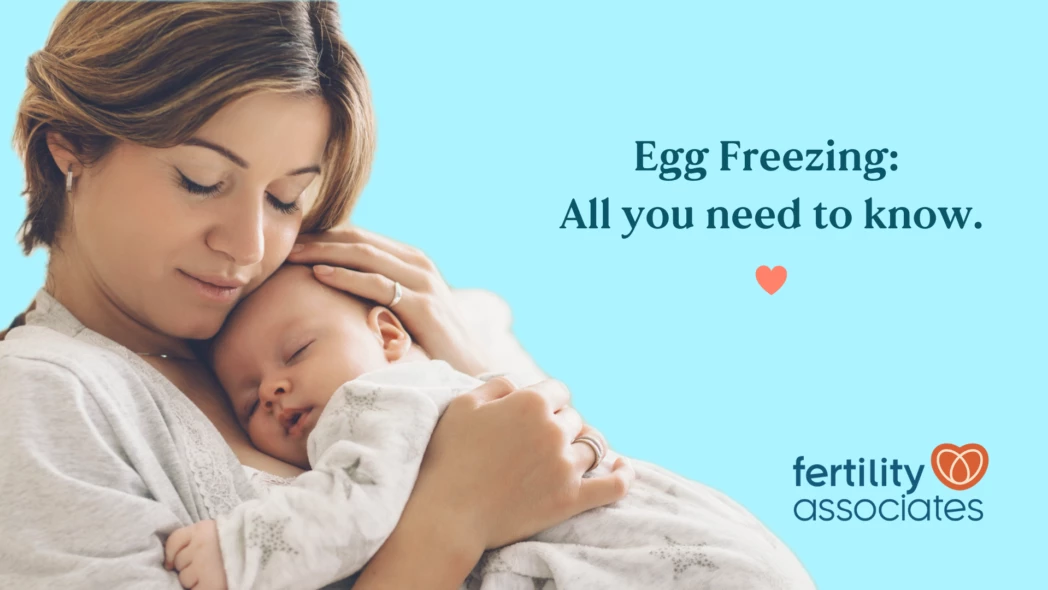What is egg freezing?
Egg freezing involves all the steps of an IVF cycle up to and including egg collection.
Treatment starts with ovarian stimulation, which uses medication that mimics the body’s reproductive hormones to increase the number of eggs available. There are a variety of medications used to do this, and they all work similarly.
When the eggs have matured, they are collected by a simple medical procedure, and frozen by a method called vitrification.
Later stage: egg thaw, fertilisation, and transfer
When the eggs are required they will be thawed, and the woman resumes the second half of an IVF cycle. We’ll add sperm to the eggs to create embryos, transferring the best resulting embryo to your uterus and freezing any extra embryos.
Who freezes their eggs?
In what circumstances should you think about freezing your eggs?
- women aged from mid 20's through to early 40's
- women in relationships, where maybe they are not quite ready
- those who really want to have a baby, haven't met Mr Right yet but don't want to leave things to chance
- those who are concerned that their fertility is in decline, but are not ready to have children quite yet
- those who need to preserve fertility before cancer treatment or other treatments that might impact your fertility.
When is the right time?
The right time to try to have a baby depends on your unique circumstances - it's an incredibly personal decision. You may be single, or with a partner. If you're not in a position to try for a baby now, egg freezing may be an option to help preserve your fertility.
Egg freezing: all you need to know
How can I freeze my eggs?
It's easy to take the first step
To get started, we recommend you make an appointment to talk with a fertility specialist. At this consultation, the specialist will explain options and help you form an initial plan. He or she will also arrange some initial screening tests to assess your fertility.
Egg freezing pricing
At Sunfert we are committed to providing the best options to have a family in the future with three inclusive packages for egg freezing. Our egg freezing packages include medication and provide a discount for a second and/or third cycle, so you know what the price is before you start.
Egg freezing FAQs
When is the right time?
The right time to try to have a baby depends on your unique circumstances. It's an incredibly personal decision. You may be single, married, or in a LGBTQI+ relationship. If you're not in a position to try for a baby now, egg freezing may be an option to help preserve your fertility.



